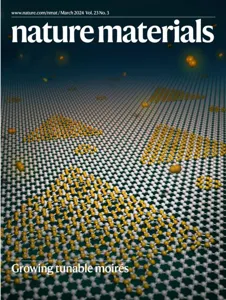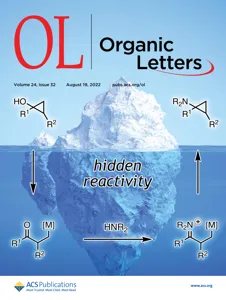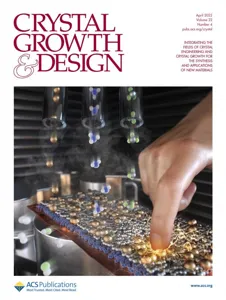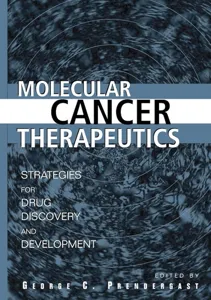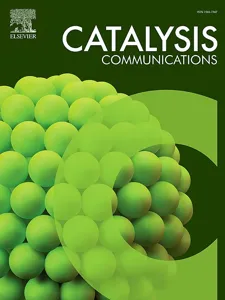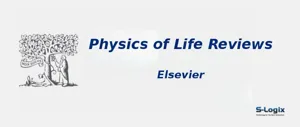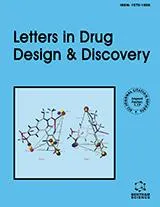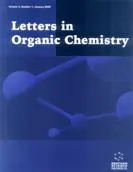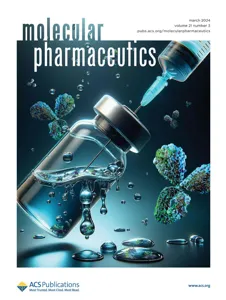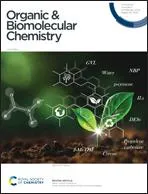Gold nanoparticle-sensitized quartz crystal microbalance sensor for rapid and highly selective determination of Cu(ii) ions
Literature Information
Yulong Jin, Yanyan Huang, Guoquan Liu, Rui Zhao
A novel quartz crystal microbalance (QCM) sensor for rapid, highly selective and sensitive detection of copper ions was developed. As a signal amplifier, gold nanoparticles (Au NPs) were self-assembled onto the surface of the sensor. A simple dip-and-dry method enabled the whole detection procedure to be accomplished within 20 min. High selectivity of the sensor towards copper ions is demonstrated by both individual and coexisting assays with interference ions. This gold nanoparticle mediated amplification allowed a detection limit down to 3.1 μM. Together with good repeatability and regeneration, the QCM sensor was also applied to the analysis of copper contamination in drinking water. This work provides a flexible method for fabricating QCM sensors for the analysis of important small molecules in environmental and biological samples.
Related Literature
IF 4.616
A biomimetic bitter receptor-based biosensor with high efficiency immobilization and purification using self-assembled aptamersIF 4.616
An electrochemical aptasensor for thrombin detection based on direct electrochemistry of glucose oxidase using a functionalized graphene hybrid for amplificationIF 4.616
Dependence of the direct electron transfer activity and adsorption kinetics of cytochrome c on interfacial charge propertiesIF 4.616
Effects of surfactants on electrochemically prepared Ag nanostructuresIF 4.616
Electrochemical detection of dopamine based on pre-concentration by graphenenanosheetsIF 4.616
An aptasensing platform for simultaneous detection of multiple analytes based on the amplification of exonuclease-catalyzed target recycling and DNA concatemersIF 4.616
Biomolecular dual-ion-trap mass analyzerIF 4.616
Identification of mycobacteria based on spectroscopic analyses of mycolic acid profilesIF 4.616
Direct comparison of fatty acid ratios in single cellular lipid droplets as determined by comparative Raman spectroscopy and gas chromatographyIF 4.616
Source Journal
Analyst

Analyst publishes analytical and bioanalytical research that reports premier fundamental discoveries and inventions, and the applications of those discoveries, unconfined by traditional discipline barriers.
Recommended Compounds
Recommended Suppliers
 Wenjia County Xin Yuan Sealed Wire Company
Wenjia County Xin Yuan Sealed Wire Company gowitec
gowitec Belchem Industries (india) Pvt. Ltd.
Belchem Industries (india) Pvt. Ltd. HERPASA
HERPASA Shenzhen Y yAxis Research and Development Center Co., Ltd.
Shenzhen Y yAxis Research and Development Center Co., Ltd. Shanghai Yadui Medicine Co., Ltd.
Shanghai Yadui Medicine Co., Ltd. Shandong Dongyue High-Molecular Materials Co., Ltd.
Shandong Dongyue High-Molecular Materials Co., Ltd. Shandong Xinmeikang Biological Pharmaceutical Co., Ltd.
Shandong Xinmeikang Biological Pharmaceutical Co., Ltd. Food S.A.
Food S.A. INNOCISE GmbH
INNOCISE GmbH
